Reviving Sudanese Cinema: El Gouna Film Festival Shines the Spotlight on Restored Masterpieces
cinema El Gouna Film Festival GFF movies sudan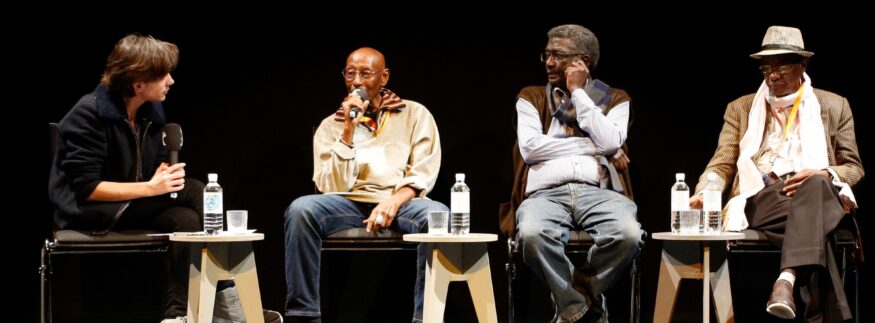
Christina John
The El Gouna Film Festival (GFF) is renowned for its commitment to celebrating the diversity of cinema from all over the world and is all set to captivate audiences once again. This year, the festival takes a remarkable journey into the world of Sudanese cinema, breathing new life into a collection of meticulously restored short and medium-length films. These cinematic gems will take centre stage in the festival’s ‘Special Presentations’ section from October 13 to 20, 2023.
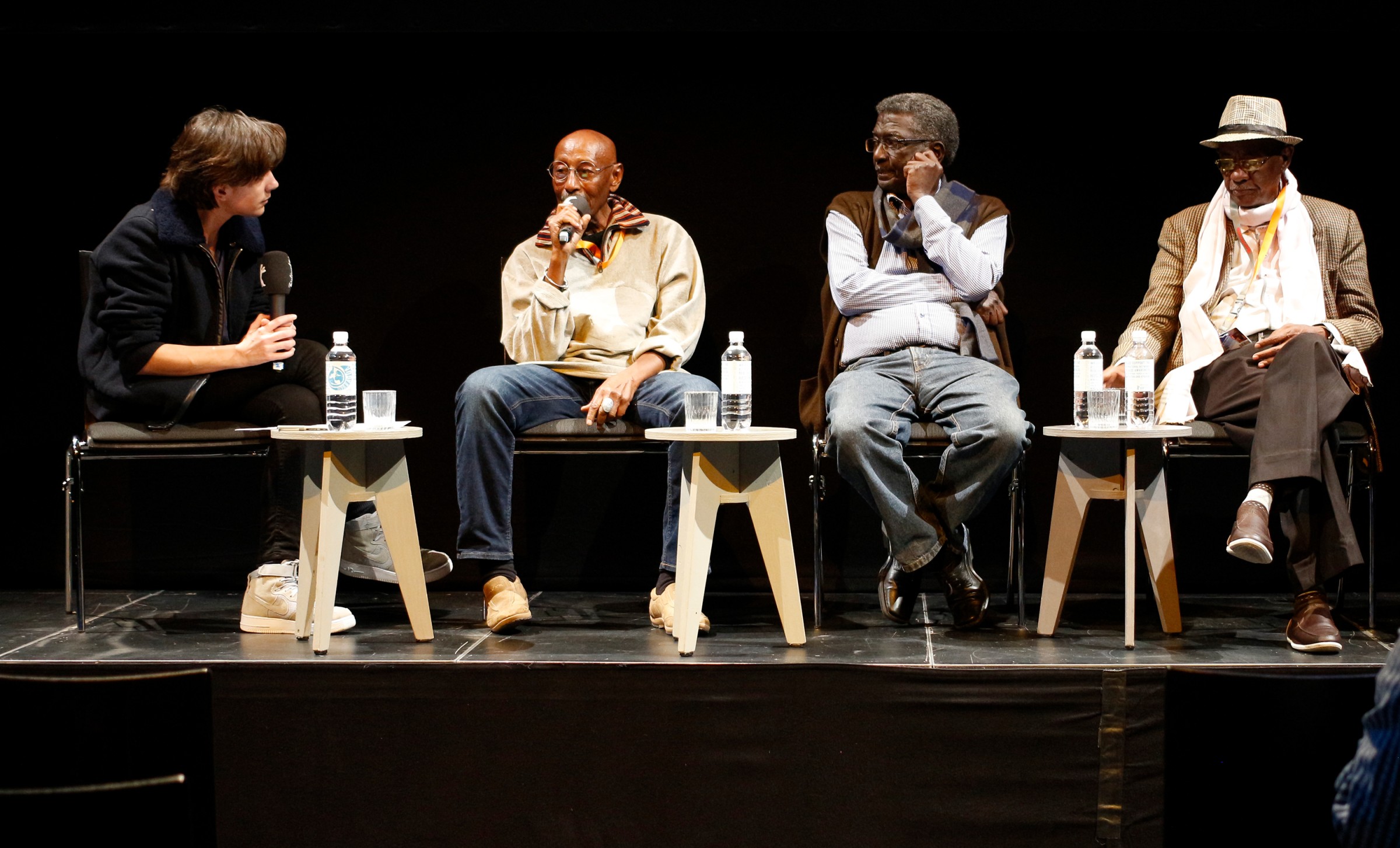
Image via Berlinale
The excitement is palpable as film enthusiasts eagerly await the opportunity to witness the magic of Sudanese cinema. These restored masterpieces are a testament to the power of storytelling through film. The Sudanese films that will be featured at the El Gouna Film Festival this year have undergone a thorough restoration process to ensure that they can be presented to audiences in their full glory. These films are directed by Suliman Elnour, Eltayeb Mahd, Ibrahim Shaddad, and others, and were originally created during a pivotal period in Sudanese cinematic history.
As the festival approaches, curiosity is mounting among movie fanatics. Many might wonder about the essence of these films and what to expect from Sudanese cinema. Well, let’s dive into these exciting movies that will grace the festival’s screens.
Al Dhareeh – The Tomb (1977)
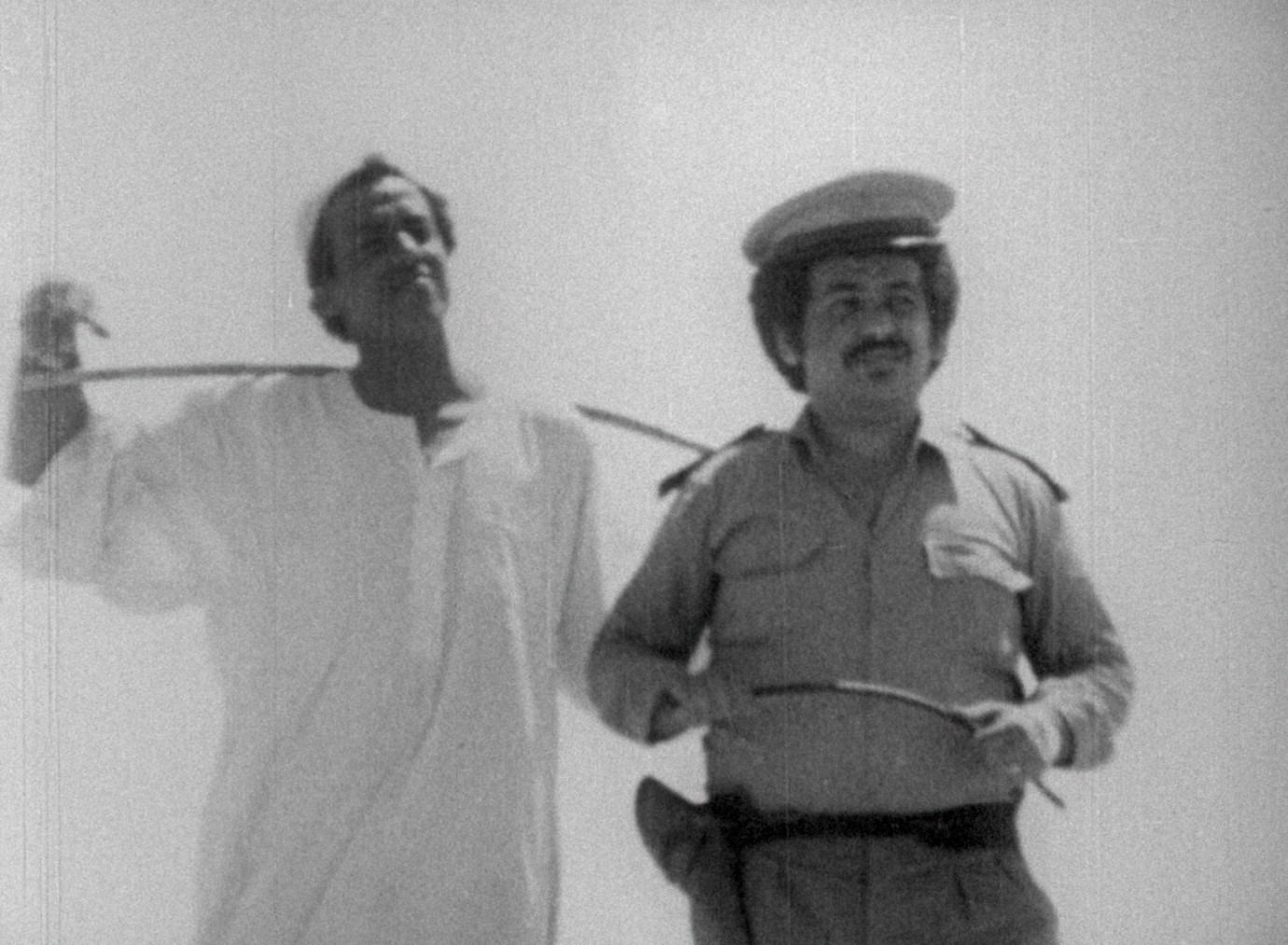
The Tomb, directed by Eltayeb Mahdi, tells the story of a man with extraordinary healing powers. Through his journey, the film explores the mystical and supernatural aspects of human existence, presenting a tale of wonder and the inexplicable.
Al Habil – The Rope (1985)
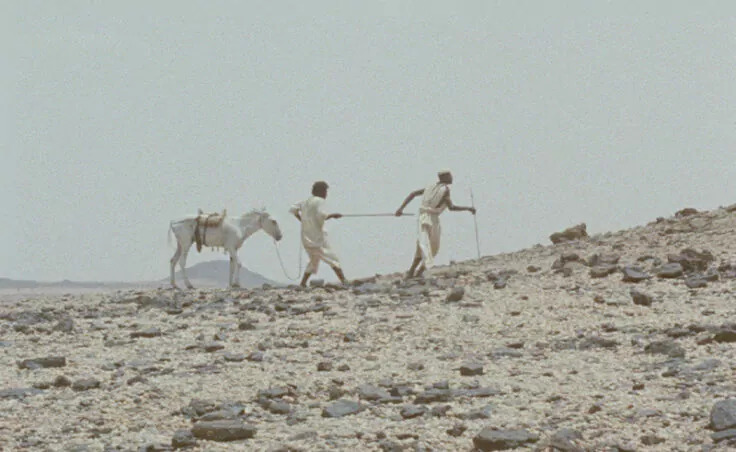
In The Rope, directed by Ibrahim Shaddad, two visually impaired men embark on a remarkable journey through the desert guided by a donkey. The film portrays their struggles, resilience, and the unique relationship that unfolds in the middle of some challenging terrain.
Al Mahatta – The Station (1989)
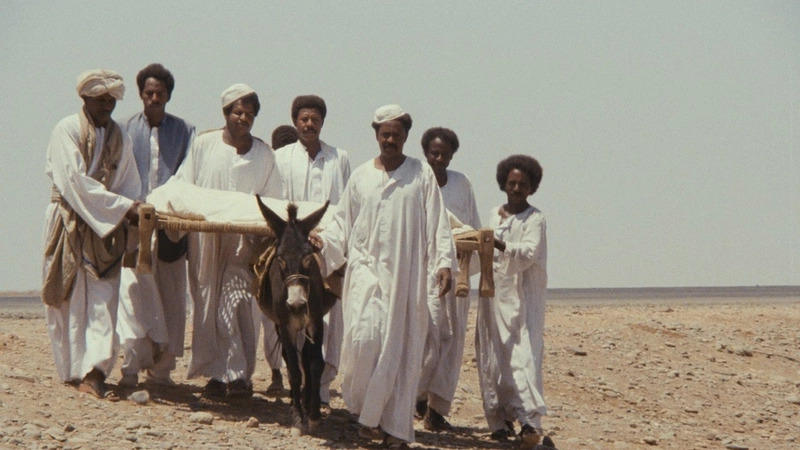
Set at a crossroads in Sudan, The Station, directed by Eltayeb Mahdi, provides a snapshot of encounters with people travelling on foot and by various other means of transport. The film captures the essence of these interactions and the diversity of experiences at such a location.
Arbaa Marat Lil Atfal – Four Times for Children (1979)
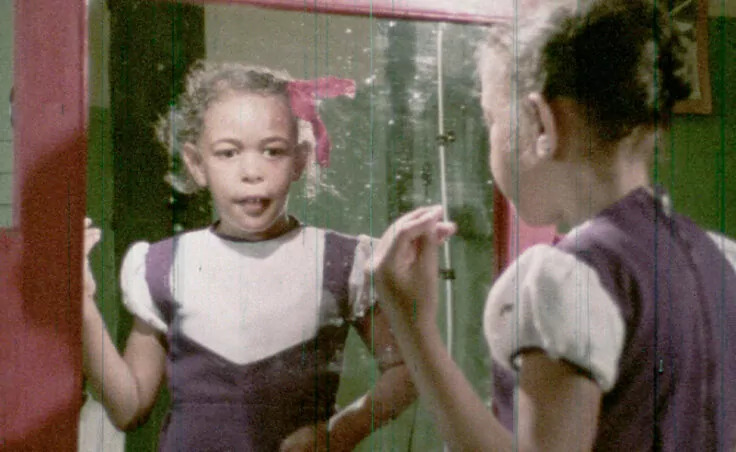
This film, directed by Eltayeb Mahdi, offers a touching and insightful look into the daily lives of children with physical or cognitive impairments. It explores the challenges they face and the growth and development they experience over time.
Jamal – A Camel (1981)
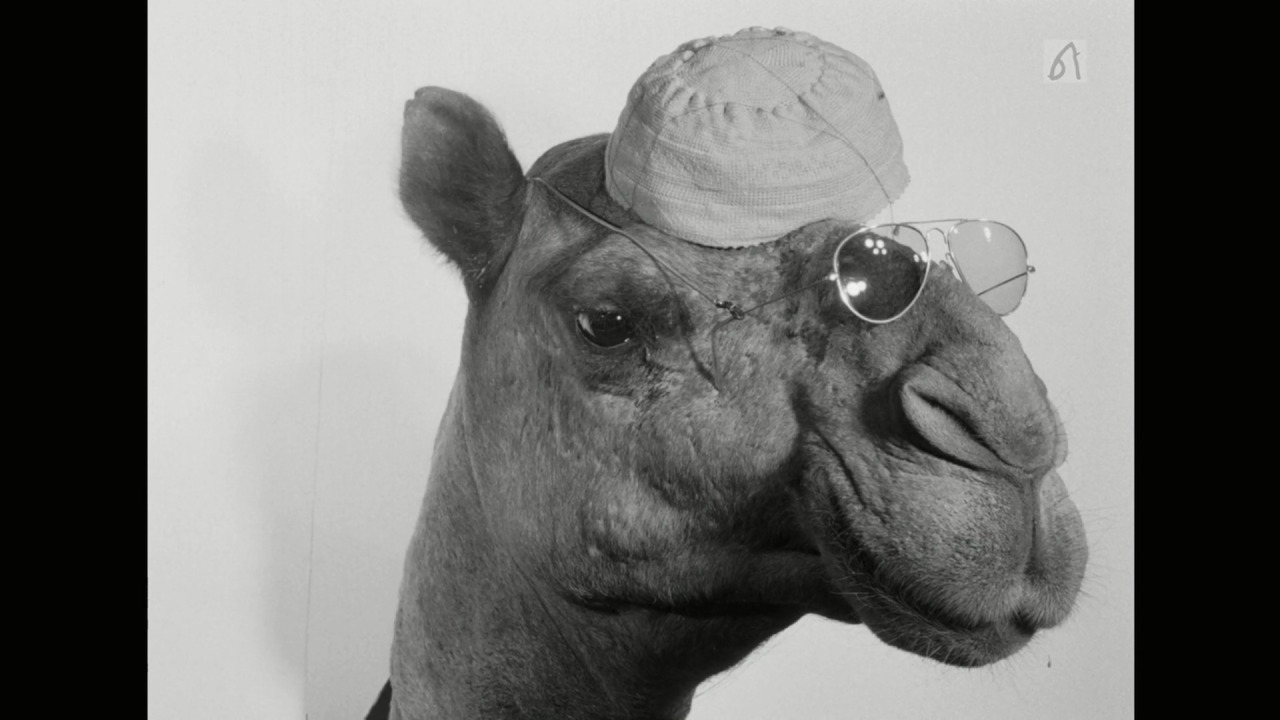
Jamal, directed by Ibrahim Shaddad, presents an intimate account of a camel’s life, primarily within the confines of a sesame mill. Through the lens of this seemingly mundane and boring existence of a camel, the film draws parallels with the struggles of humanity.
Wa Lakin Alard Tadur – It Still Rotates (1978)
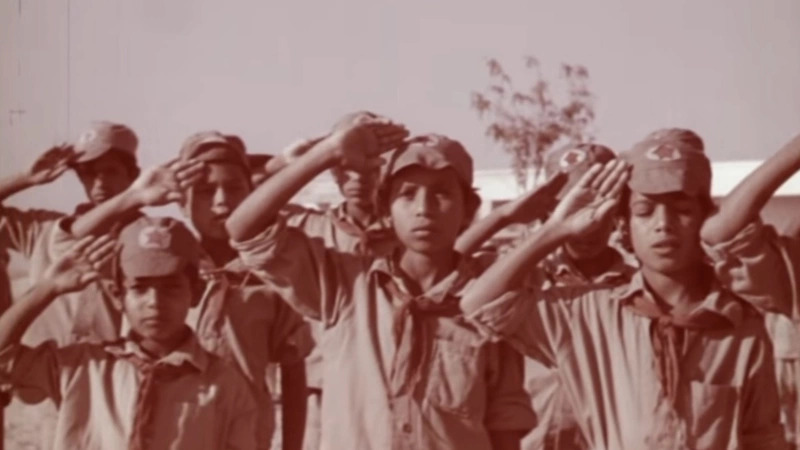
This movie, directed by Suliman Elnour, offers a glimpse into daily life within a school in Yemen. Through its storytelling, the film provides a window into the educational experiences and the cultural fabric of Yemeni society.
The excitement is building, and cinephiles are eagerly anticipating the El Gouna Film Festival’s showcasing of these Sudanese cinematic treasures. This extraordinary lineup promises to transport audiences into the rich world of Sudanese storytelling, reminding us all of the power of cinema to captivate hearts and minds.
GFF’s Ongoing Commitment to Sudanese Cinema
Intshal Al Timimi, Director of GFF, expressed his enthusiasm for this ongoing association with Sudanese cinema, reflecting on the festival’s history with Sudanese films. He highlighted how the festival had celebrated Sudanese storytelling in previous editions, starting with “Khartoum Offside” in 2018, and continued to recognise outstanding Sudanese contributions to the world of cinema.
Marianne Khoury, Artistic Director of GFF, emphasised the significance of providing a platform for these filmmakers. She shared the poignant coincidence that the filmmakers were in Cairo, seeking refuge from violence in Khartoum, further underscoring the urgency of showcasing their voices.
recommended
 Restaurants
Restaurants
Cairo's Ramen Revival: 5 Must-Try Bowls Around the City
 Cafés
Cafés



